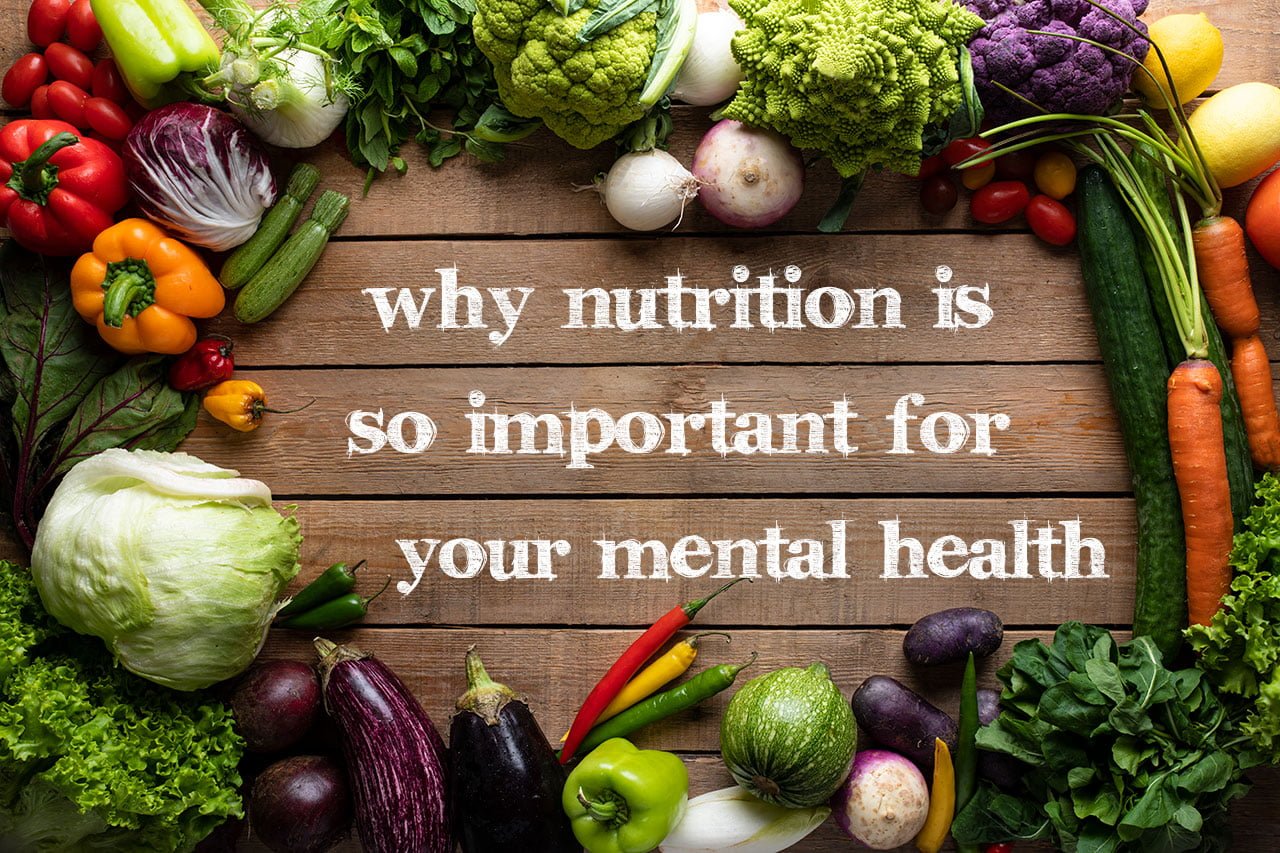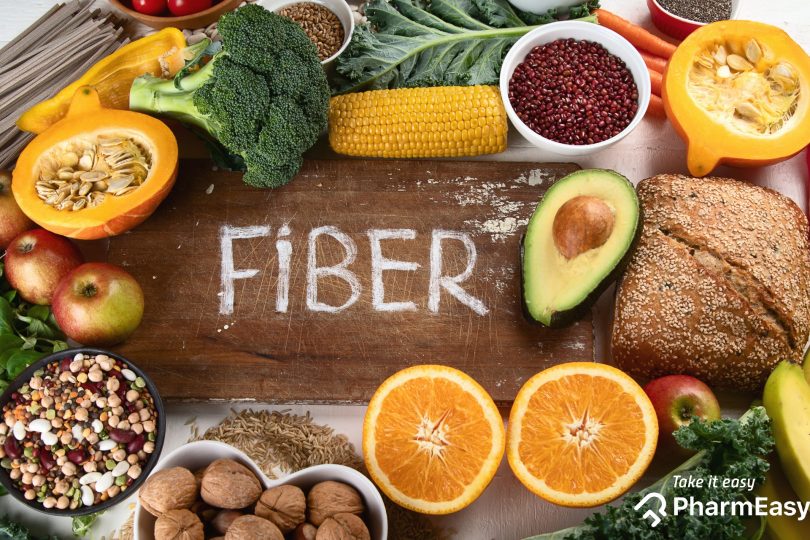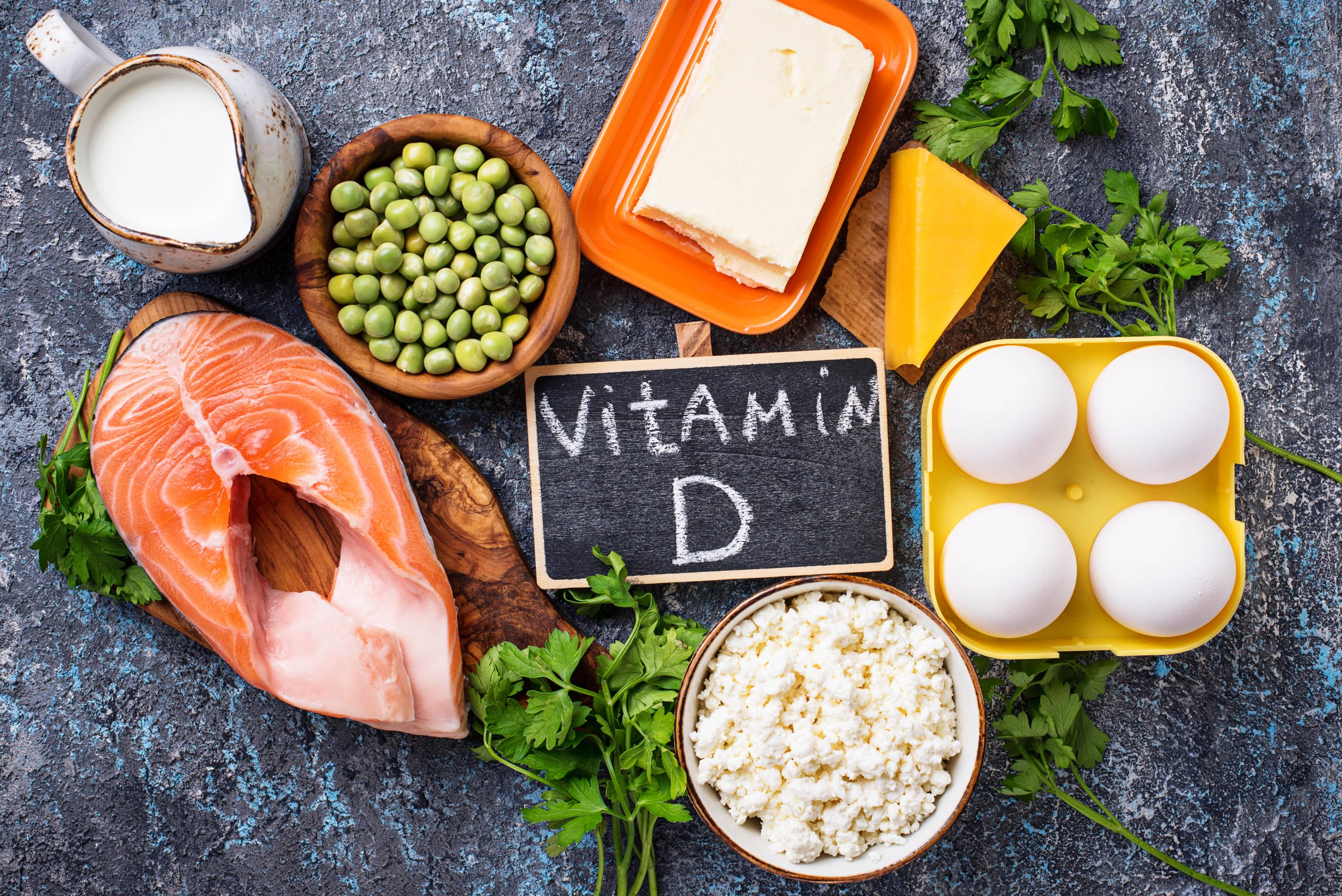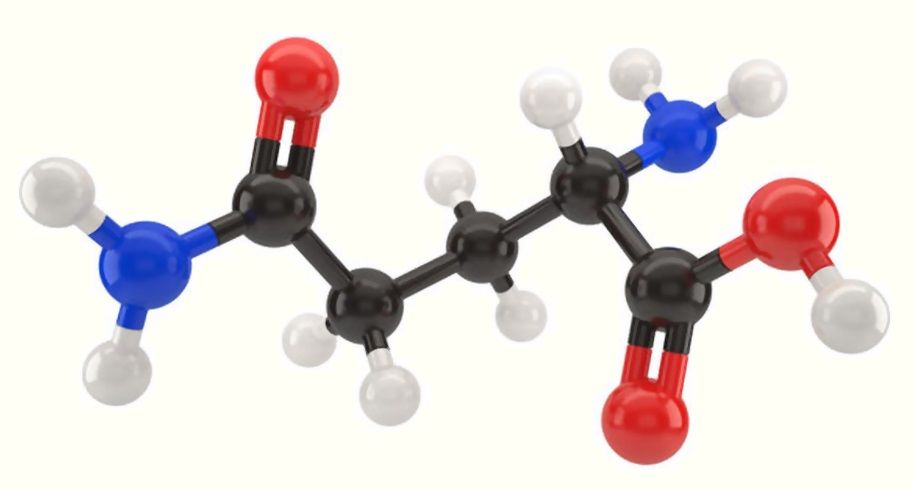Do you know that what you eat does not only play a role in your physical health but also contributes to the development of your mental health? I know you are probably wondering how that is possible.
This is 100% possible because well-balanced nutrition can help you think more clearly, be more energized and enhance your mental health. Also, the brain is a primary organ that needs nutrients to remain healthy, just like the body’s other organs.

Vegetables
In a world where advice on the relevance of nutrition seems to be ever-changing, it is necessary to understand reality from fantasy. In this guide, I will take you through the link between nutrition and mental health, the importance of nutrition on mental health, the role of major nutrients on mental health, and tips on building positive nutrition for mental health.
Table of Contents
The Link between Nutrition and Mental Health

What links nutrition to mental health?
The pathway to understanding the relevance of nutrition on mental health has to do with the connection between food and mental health. Although these two are still under study, there are apparent links.
Nutrition refers to the food we eat necessary for growth and health, while mental health comprises our psychological, social and emotional well-being. It affects the way we think, act, and even feel. Therefore, a better mental health outcome is connected to good nutrition. Just as mental health is vital in every phase of life, from childhood through adulthood, so is food. This is because they both involve growth, health, and well-being.

Italian Cuisine
Although there are other causes and stimuli of mental health conditions ranging from genetics and trauma to the environment. Food, without a doubt, affect our mental health. Our brain is one vital organ of the body that suffers or benefits from the food we consume. These foods give you energy and increase brain function or influence several mental health conditions such as anxiety, mood disorders, and depression.
Read Also: HOW TO IMPROVE YOUR MENTAL HEALTH WITH 9 SIMPLE TIPS
Importance of Nutrition on Mental Health

The importance of Nutrition
Nutrition is a prominent factor yet under-recognized in the development of mental health. Yet, it plays a vital role in developing, managing and preventing diagnosed mental health conditions such as mood and depression.
Eating necessary nutrients has an impact on controlling symptoms of mental illness such as concentration, poor memory and sometimes anxiety. In developing countries like Nigeria, where nutrition is given no attention, it threatens the mental health of children and adults. They find it difficult to perform tasks.
Also, feeding the brain with the right amount of essential nutrients prevents it from the effect of oxidants which impact mental health problems.
Good nutrition is also linked to academic success. This is because children with breakfast improve their academic performance while hungry children behave worse in school.
The Relevance of Nutrition on Mental Health
There are certain nutrients which have an impact on mental health. Understanding how these nutrients play a part in the development of mental health problems gives us more insight into the relevance of nutrition. Below are six nutrients that have major impacts on mental health and how you can attach them to your diet:
Antioxidants

Antioxidants
Vegetables and fruits are rich in antioxidants, and it helps to prevent oxidative stress, which can lead to DNA damage and later to conditions like anxiety and depression. So including these in each meal greatly impacts your mental health.
Fibre

High fibre foods
One of the essential components your meal should have is fibre. This is because it maintains healthy bacteria in your gut, which plays a vital role in mental health. This occurs through the microbiome gut axis, the communication between the brain and digestive system.
Meals rich in fibre reduce depression and anxiety, and having up to 20-30g per day is best for your health.
Read Also: HABITS TO PRACTICE TO MAINTAIN A HEALTHY LIFESTYLE IN NIGERIA
Vitamin D

Foods rich in Vitamin D
Low amounts of neurotransmitters like noradrenaline and dopamine are associated with mood disorders development. This is because vitamin D generates the gene expression of enzymes that produce these neurotransmitters. Foods rich in vitamin D include eggs, salmon, tuna and milk.
Omega 3

Fish has omega 3
Although some people think all fats are not suitable for consumption. The case of fatty food like omega-3 is different. This is because this particular type of fat is necessary for our meals for our brains to function well.
Food rich in healthy fats can be food in avocados, dairy products, nuts and seeds.
Amino acid

Amino Acid
Protein contains amino acids, essential in our meals because it helps regulate feelings and thoughts. It is found in meals like cheese, soya products, nuts, meat, and fish.
Our Instagram page is an abode for health tips. Check it out today!
Carbohydrate

Carbohydrate
Carbohydrate helps in the concentration and development of memory. This is because the brain uses 20% of the body’s energy. This energy comes from the carbohydrate we consume. Insufficient energy for the brain can cause weakness, tiredness and sometimes poor memory. Food rich in carbohydrates includes whole grains, fruits, vegetables, legumes, and low-fat dairy.
3 Strategic Tips to Build Positive Nutrition for Mental Health
1. Eating regularly, especially food that helps release energy slowly and sustain sugar levels throughout the day. A drop in sugar level can make you feel depressed and irritable.
2 Ensuring there is enough fibre and staying hydrated after meals is important. Not only does it help digestion but also with stress and anxiety.
3. Staying away from alcohol and caffeine. They only give a temporary solution to pain but, in the long run, cause anxiety, depression, and difficulty in sleeping.
Conclusion
The relevance of nutrition on mental health is complex and still very much under study. Being mindful of these nutrients in every meal you eat might not seem easy at first, but trying your best can help you reduce the prevalence of mental health conditions.
Not skipping meals, taking a lot of water, and being mindful of alcohol and caffeine intake will enable all the nutrients you are taking to be effective. However, it may take time before you start seeing the impact of nutrition on your mental health. This also depends on how many changes you implement.
We have food experts who can teach you how to live a healthy life. Send us a message and get access to premium insights.
About the Author
Damola Adetoro is a mental health advocate, willing and passionate to be a voice for teenagers and young adults suffering from mental health conditions. I choose the path of writing because it is a means to reach out and be an impact where my voice cannot get to.
About Author
- Op-Ed are articles published by guest authors. We no longer accept guest posts. However, we are still open to adding long-term content contributors to our team of insightful writers. To write for us, please check out inisght.ng/guest-post.
Latest entries
 Business InsightsMarch 27, 2024Effective Strategies for Managing Cash Flow in a Nigerian Business
Business InsightsMarch 27, 2024Effective Strategies for Managing Cash Flow in a Nigerian Business

 Business InsightsFebruary 12, 2024Privacy Policy for Business Websites: All You Need to Know
Business InsightsFebruary 12, 2024Privacy Policy for Business Websites: All You Need to Know

